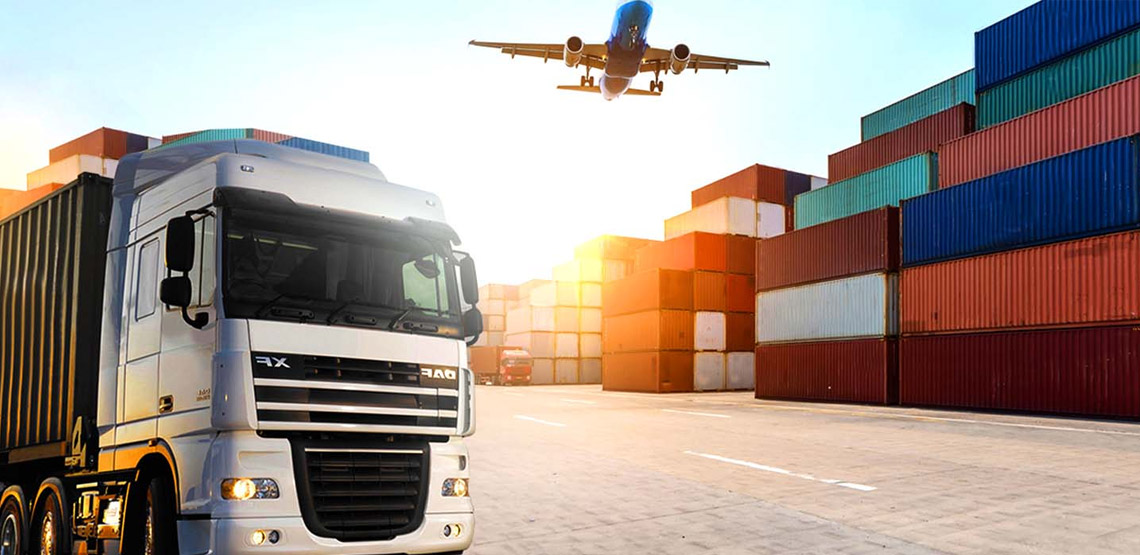
Navigating the Complexities: Logistics Services in India
Introduction:
India, a land of diverse cultures and rich heritage, is also one of the fastest-growing economies in the world. With a vast geographical spread and a burgeoning population, the demand for efficient logistics services has never been higher. From the bustling streets of Mumbai to the serene landscapes of Kerala, logistics play a pivotal role in connecting businesses, consumers, and markets across the country. In this article, we delve into the intricacies of logistics services in India, exploring its challenges, innovations, and future prospects.
Understanding the Landscape:
The logistics sector in India is as diverse as the country itself. It encompasses a wide range of services including transportation, warehousing, inventory management, packaging, and distribution. According to a report by the Confederation of Indian Industry (CII), the logistics industry in India is estimated to be worth over $200 billion and is expected to grow at a compound annual growth rate (CAGR) of 10-15% in the coming years.
One of the key factors driving this growth is the rapid expansion of e-commerce. With the proliferation of online shopping platforms, there has been a surge in demand for last-mile delivery services, leading to significant investments in logistics infrastructure and technology. Companies like Flipkart, Amazon, and Reliance Retail are continuously innovating to streamline their supply chains and meet the evolving needs of consumers.
Challenges Facing the Industry:
Despite its potential for growth, the logistics sector in India faces several challenges that hinder its efficiency and competitiveness on the global stage. One of the major hurdles is inadequate infrastructure. The lack of modernized ports, highways, and rail networks often results in delays and increased transportation costs.
Moreover, the complex regulatory environment and fragmented tax structure make it difficult for logistics companies to operate seamlessly across different states. The implementation of the Goods and Services Tax (GST) in 2017 was a step in the right direction, but there is still a need for further reforms to simplify compliance procedures and reduce bureaucratic red tape.
Another significant challenge is the shortage of skilled manpower. Despite being one of the largest employers in the country, the logistics industry struggles to attract and retain talent due to factors such as low wages, long working hours, and limited career advancement opportunities. Addressing this issue will be crucial for sustaining the growth momentum of the sector.
Innovations and Technological Advancements:
In recent years, there has been a surge in the adoption of technology-driven solutions to address the challenges facing the logistics industry. From route optimization algorithms to real-time tracking systems, logistics companies are leveraging the power of data analytics and artificial intelligence to enhance operational efficiency and customer service.
Blockchain technology is also being explored to improve transparency and traceability in supply chains. By creating tamper-proof records of transactions, blockchain has the potential to reduce fraud, eliminate counterfeiting, and ensure compliance with regulatory standards.
Furthermore, the emergence of electric vehicles (EVs) is transforming the landscape of transportation in India. With the government's push towards clean energy and sustainability, several logistics companies are investing in EV fleets to reduce their carbon footprint and operating costs. Companies like Mahindra Electric, Tata Motors, and Ashok Leyland are leading the charge in this regard.
Future Outlook:
Looking ahead, the future of the logistics industry in India appears promising, albeit with certain caveats. The ongoing COVID-19 pandemic has underscored the importance of resilience and adaptability in supply chain management. As businesses recalibrate their strategies to navigate the challenges posed by the crisis, there is a renewed focus on building robust, agile, and responsive logistics networks.
Furthermore, the government's ambitious initiatives such as the National Logistics Policy and the Bharatmala Pariyojana are expected to drive investments in infrastructure development and create new opportunities for growth. By fostering greater collaboration between the public and private sectors, these initiatives have the potential to unlock the full potential of India's logistics sector and propel it towards new heights of success.
Conclusion:
In conclusion, logistics services in India play a crucial role in driving economic growth and fostering regional development in India. Despite facing numerous challenges, the sector continues to evolve and innovate, driven by technological advancements and changing consumer preferences. With the right mix of infrastructure investments, policy reforms, and industry collaborations, India can unleash the full potential of its logistics sector and emerge as a global leader in the years to come.